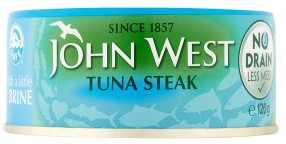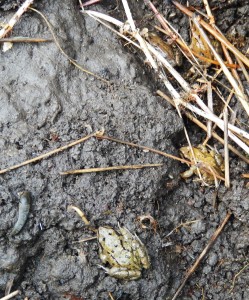Ah, the irony. Do you remember when Cameron used to talk about leading the “greenest government ever”? (It was Friday, 14 May 2010, to be exact.)
Yes, that was just as he came to power. Since then he’s done next to nothing for nature, and plenty against (silencing Natural England from protesting about anything, giving planning authorities a presumption in favour of “sustainable” development – i.e. intentional unfairness of process, to name but two; but I digress).
But on coming into office, he did keep one small promise. He set up a Natural Capital Committee to look into the value of nature to the economy. In the dismal jargon of political bureaucracy, the committee had to investigate what the natural environment would be worth as if it were an investment of money — capital — by adding up what it contributes each year to the economic benefit of the country, considered as a financial return — interest.
So, for example, if we had an acre of woodland and it allows a class of schoolchildren to do a bug-hunt for which the school pays the wood’s manager £100, the woodland has earned £100 per acre. At 5% interest, that would value the acre of wood at (at least) £2000. If ten school classes can visit each year, the value jumps up to £20,000. If we can now find other ways to value the wood — perhaps it helps to clean the air in the city; perhaps it provides a place for a beehive full of hard-working pollinators; perhaps it allows city-dwellers a relaxing walk — then we can add those “services” (I told you the jargon was dismal) to the interest earned, and tot up the “natural capital” value.
Whether it makes the slightest bit of sense to try to put a price on Nature (no, of course not – see George Monbiot’s The Pricing of Everything) is not questioned by either Cameron or the Committee. Anyone who thinks about it for a minute can see that treating nature in this way is absurd. How can we add up the value of all that is, all around us? We depend absolutely and totally on the “environment”, in other words the world, the universe. We have “only one Earth”, “one small planet”. Its value is infinite. But I digress.
Anyway, the young, fresh-faced Cameron of five years ago set up the said Committee, presumably with the general intention of kicking the green issue into the, ahem, long grass, and instantly forgot all about it.
Now, five years later, the Natural Capital Committee (Cameron: Eh? What’s that?) has reported. It says that the “natural environment” is in deep decline (yeah, what a surprise) and the “natural goods and services” it can provide: clean breathable air; clean drinkable water; food; recreation (i.e. fun) are all in steady long-term decline too.
The good Committee, noting that food, water, air and fun are pretty much all the essentials of life, wrote a truthful report saying that investing in nature for say 25 years would give returns as good as any Cameronian mega-infrastructure project like high-speed railway lines (and be a lot more popular, but they tactfully didn’t mention that).
They pointed out truthfully that
- cutting air pollution would save the NHS tons of money on respiratory diseases;
- restoring peat bogs and making new wetlands would save the environment agency bulldozer-loads of loot by preventing floods;
- improving fishing waters and green spaces would save the country zillions of days off work by improving physical and mental health.
Labour (in the form of Maria Eagle, who hopes to become Environment Secretary) jumped on the bandwagon to remind Cameron of his broken promises and the continued decline of nature in Britain. She conveniently forgot to mention that it had declined all through Labour’s time in government too, and promised that Labour would “make public access to green spaces a priority” and that she would “take real steps” (is there any other kind of step?) to “give communities power” (what’s a community? a local authority perhaps?) “to protect and improve the natural environment”.
Anyway, here we have the amusing sight of Cameron being confronted with some truths about nature, and his own broken promises, as a result of an investigation that he ordered. And of Labour talking up the value of nature, which they ignored while in office, and have pretty much forgotten in their election campaigning too.
Ah, the irony.




